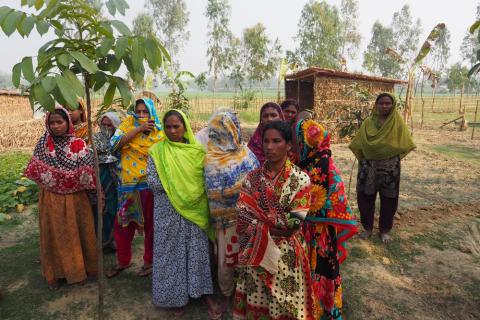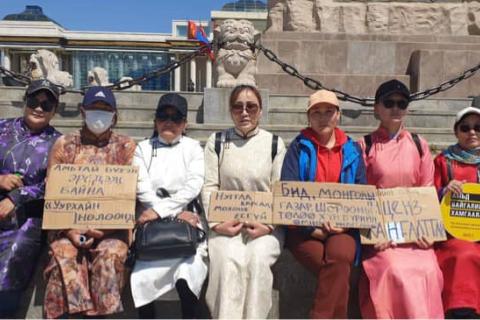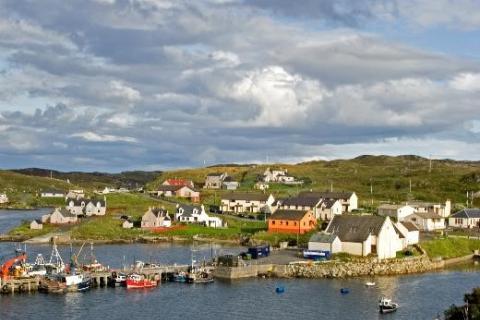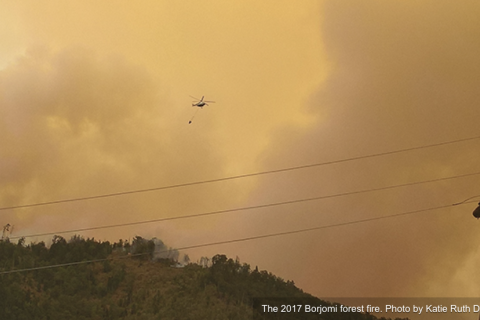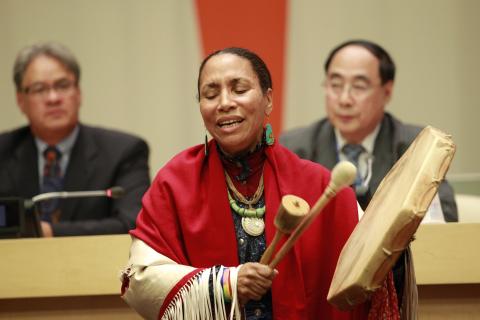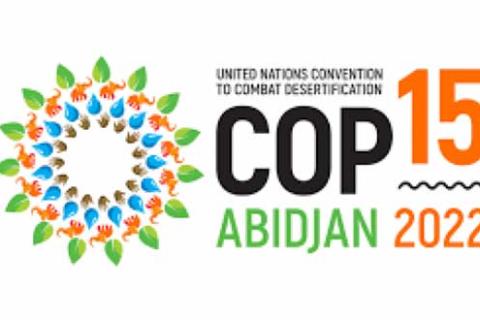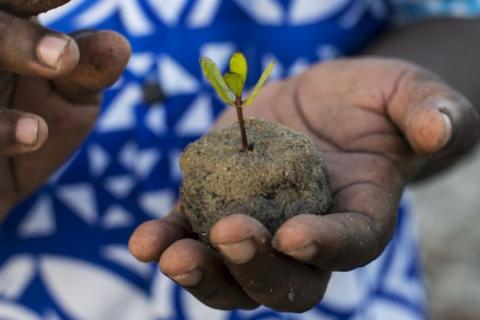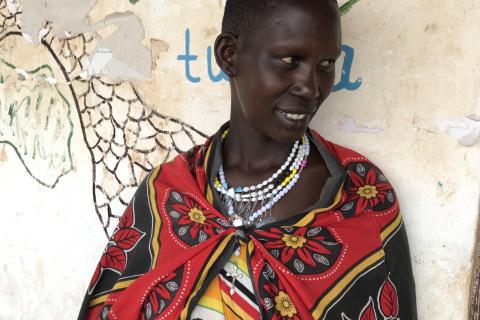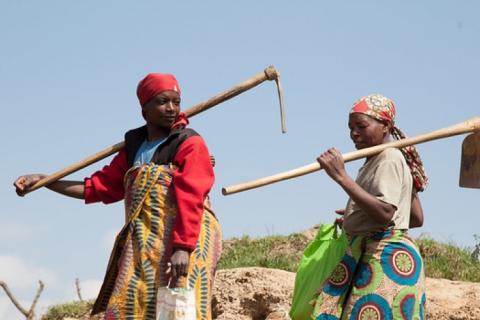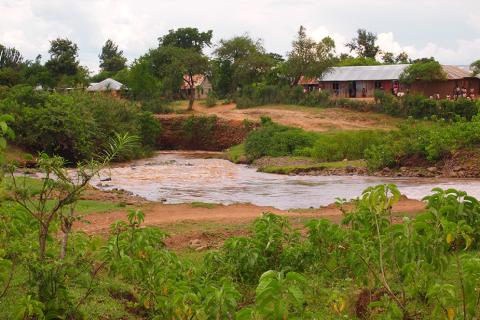Protesting herders to get government support to stop harmful mining operations
Like many countries, Mongolia has been hit hard by the Covid-19 pandemic and its government has been accelerating investments in the mining sector to help the economy. However, this has led to protests by local communities concerned about their land rights, and about their health. Among them is the community of Dalanjargalan, where the WOLTS project has been working with local champions who have been trained in land law, gender issues and participatory decision-making.
Necessity knows no law? How the climate crisis shapes the State’s power to take or limit ownership.
Global warming is one of the greatest challenges humanity has ever faced. The reduction of the emission of greenhouse gas by cutting back consumption, particularly in high-income countries, and the transition from fossil fuels as energy sources to renewable energy sources such as wind and solar power are essential to the survival of billions of people. However, this requires the cooperation of billions of businesses and people who, for example, drive cars that run on petrol or heat their buildings with gas or oil.
Forest Fires and Climate Change in Georgia – Potential Ways Forward
Written by Eka Nozadze and Erekle Shubitidze for Georgia Today. Originally posted at https://georgiatoday.ge/forest-fires-and-climate-change-in-georgia-potential-ways-forward/
The Russian invasion of Ukraine, as well as the global pandemic, have diverted the world’s attention, and in general put climate change and the green economy onto the back burner of the political agenda.
Seven takeaways from the 2022 Global Land Forum
Last week, the International Land Coalition (ILC) hosted its 9th Global Land Forum in Jordan - the first large in-person meeting of the land community for three years.
No Climate Transition Without Securing Land Rights
The 15th session of the Conference of Parties (COP15) to the United Nations Convention to Combat Desertification (UNCCD), is taking place in Abidjan Côte d’Ivoire, from 9 to 20 May 2022. The theme: “Land, Life. Legacy: From scarcity to prosperity.” “We are faced with a crucial choice,” Deputy Secretary-General Amina Mohammed told participants: “We can either reap the benefits of land restoration now or continue on the disastrous path that has led us to the triple planetary crisis of climate, biodiversity and pollution”
South Africa’s escalating water crises of drought and floods are harbingers of climate crisis
South Africa needs to move away from siloed and passive approaches toward water management and adopt more proactive, robust and integrated approaches.
Apopular phrase in a time of crisis is “it never rains, but it pours”. This is usually a figurative expression referring to the overwhelming sense of chaos at a given time. South Africa is a country which has not been spared from economic, social and political chaos over the past few months, and the phrase has now taken on a literal meaning.
Indigenous peoples and local communities can save our forests: but governments must put them on the map
International Day of Forests: 21 March
A new study, published ahead of the International Day of Forests, warns that the Amazon is now nearing its tipping point; its ability to recover from disruption, such as droughts or fires, is rapidly reducing, increasing the risk of dieback of the Amazon rainforest and potentially releasing up to 90 billion tons of greenhouse gases into the atmosphere.
A sustainable future needs women and men working together for change
It’s that time of year again! March means International Women’s Day and the annual meeting of the UN Commission on the Status of Women. It’s not surprising, after COP26 in Glasgow, that this year’s CSW66 links gender equality with climate change. The official theme is ‘achieving gender equality and the empowerment of all women and girls in the context of climate change, environmental and disaster risk reduction policies and programmes.’
Land rights can break the gender bias in climate action for the good of the planet
International Women’s Day today challenges us to ‘break the bias’. This is key when it comes to the climate crisis as women are more vulnerable to climate shocks, yet less able to build resilience due to the cultural and legal biases that frustrate their agency over land and resources. Subjective data offers us ways to spot these biases and target ways of breaking them.
Tenure and Governance Research: Build on Accomplishments Under PIM to Meet SDGs
Secure tenure and effective governance are central to the future of natural resources and agriculture. Although important on their own, tenure and governance are also embedded in the solutions to key global challenges: climate change; environmental management; poverty; gender equity and women’s empowerment; and nutrition and health.

